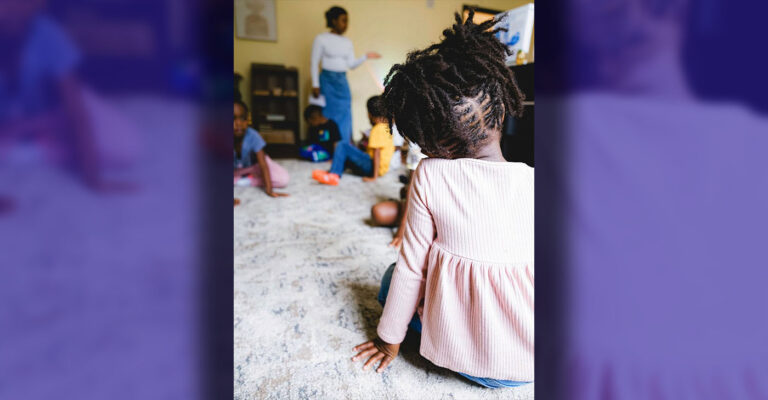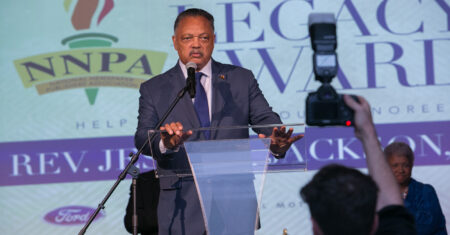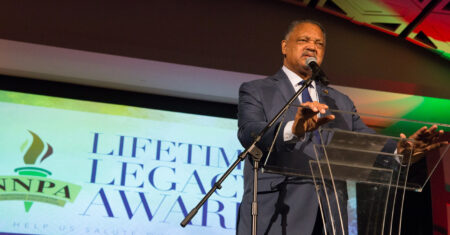By American Montessori Association (AMA)
Dr. Maria Montessori, the Italian educator and scientist who, more than 100 years ago, developed the system of education that bears her name, knew that during the period from birth to age 3, your child’s brain develops more rapidly than at any other time, and more learning takes place than at any other stage of development. Yet many parents don’t seek out formal education until their children have passed the toddler age.
Recognizing the importance of these formative years, the Montessori approach to infants and toddlers supports starting earlier than that.
In a Montessori environment, your infant or toddler will be with teachers—loving, nurturing, and rigorously trained in child development—who create peaceful, supportive, and safe environments for our youngest children. In these spaces, a child’s natural passion for wonder, curiosity, exploration, independence, and discovery comes alive.
Montessori Infant & Toddler programs offer so much more than childcare. The classroom design fosters your young child’s emerging independence and desire for exploration. The environments are designed to promote your child’s growth in all areas of development. Additionally, Montessori Infant & Toddler programs provide support and guidance for families through programs that may include parent education and parent/child group experiences.
Key underpinnings:
- Honors the human spirit and the development of the whole child-physical, social, emotional, and cognitive.
- Encompasses a view of the child as one who is naturally eager for knowledge.
- It is based on ideals of equity, inclusion, and social justice.
- Also focuses on care of self, others, and the environment.
Additional distinctive features:
- Classes are multi-age (typically 3-year age span).
- Individual students follow their own interests while also learning from others.
- Time is given to enable students to explore and internalize concepts and ideas at their own pace while working toward individualized learning goals.
- Teachers serve as guides and mentors, systematically observing and assessing students’ progress and providing them with support/tools so that they may take ownership of their own learning and growth.
- Learning takes place across a variety of modalities: visual, auditory, tactile, etc.
Given the freedom and support to question, probe deeply, and make connections, Montessori students grow up to be critical thinkers, confident, enthusiastic, and self-directed learners and citizens, accountable to themselves, their community, and the world.
Core Components of Quality Montessori
AMS recognizes 5 components as essential to high-quality programs. While not all Montessori schools incorporate them–any school can call itself Montessori, regardless of its fidelity to the philosophy and practice—they are a vital part of any school accredited by the American Montessori Society. Currently, about 15% of our member schools fall into this elite group.
- Properly trained Montessori teachers – Teachers hold credentials for the level at which they teach. They have a rigorous command of Montessori philosophy, Montessori curriculum, classroom management, and child development.
- Multi-age classrooms – Students benefit from differentiated learning based on abilities, not age. Self-esteem is built on personal accomplishments rather than comparison with same-age peers.
- Use of specially designed Montessori learning materials – Hands-on, interactive, and engaging, they enable students to learn through discovery.
- Student-directed work – Students are intrinsically motivated, and learn about their personal strengths and ability to improve.
- Uninterrupted work periods – Working freely and at their own pace on self-selected activities, students develop concentration, time-management skills, and a love for learning.
More school districts are including Montessori programs as a parent choice. Currently, more than 500 public schools nationwide offer Montessori programs. Public Montessori education is a popular option for preschool through high school students attending all types of publicly funded schools—neighborhood, magnet, and charter. Because they are publicly funded, public Montessori schools are open to all children. They do not generally require incoming students to have prior Montessori experience; however, some restrict the admission of children without Montessori experience to lower Elementary levels only. Students are often admitted to public Montessori programs by lottery because there tend to be more applicants than openings.
While public Montessori programs are tuition-free, tuition may be charged for 3- to 4-year-olds in public school pre-kindergarten classes that are not fully covered by state funding. If required, pre-kindergarten tuition is usually paid on a sliding scale, depending upon the family’s eligibility for the National School Lunch Program (free, reduced, or full-pay).
Additional details are available at the Black Montessori Fund at http://www.blackmontessori.org.







